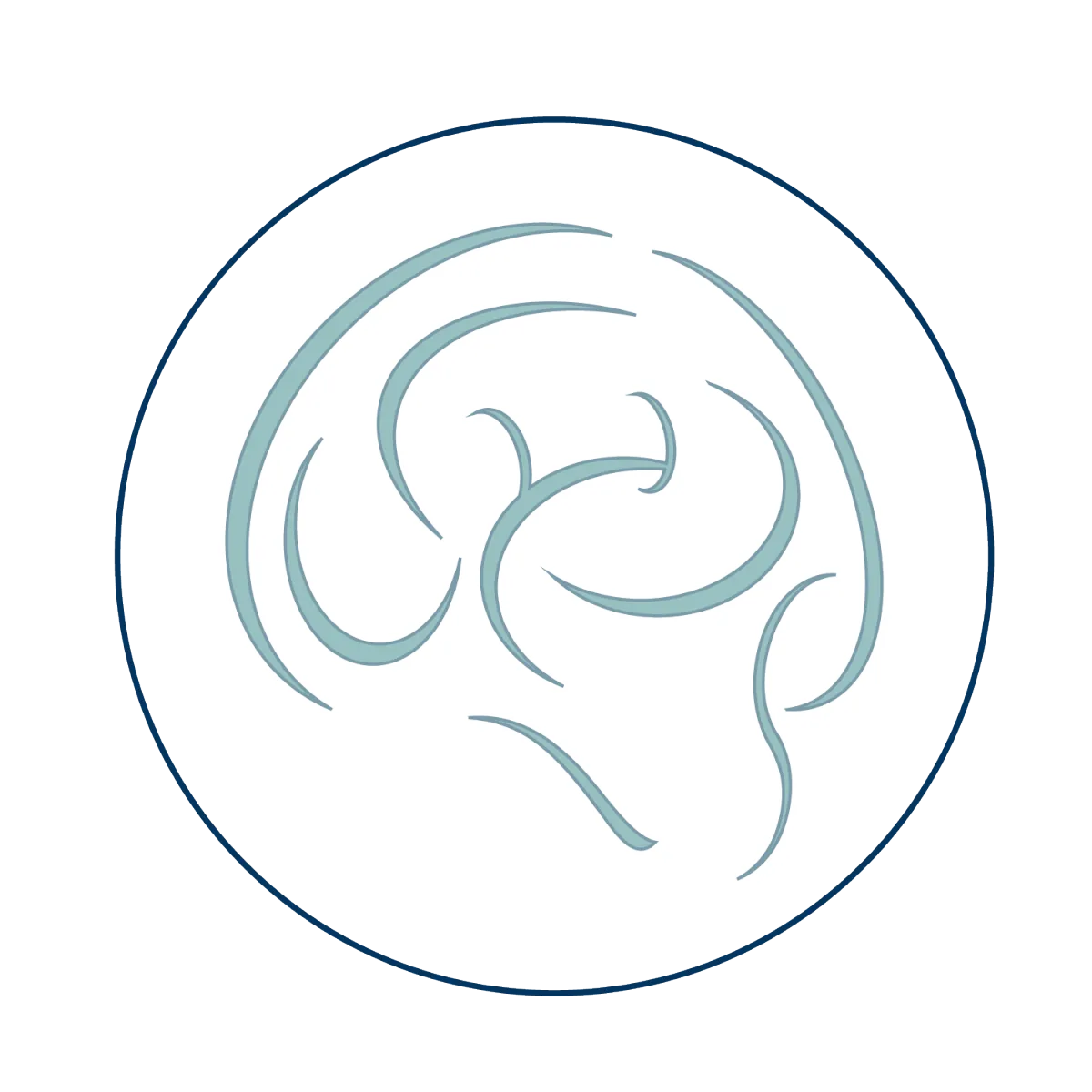Welcome to the Brain & Faith Blog
This is where neuroscience and Scripture meet to bring clarity, calm, and confidence into everyday life. From brain health tips and faith-based practices to practical support for parents of young athletes, you’ll find simple, actionable steps to strengthen your mind, nurture your spirit, and guide your family toward lasting peace and resilience.

Sleep: God’s Gift for a Healthy Brain
Sleep is a precious gift, restoring your mind and body as you lean into God’s design for rest (Psalm 127:2). A rough night’s sleep can leave you groggy and make simple tasks feel tough, but ongoing poor sleep can hurt your brain in deeper ways. If you’re craving mental clarity and calm to live out your faith with purpose, getting enough quality sleep is a practical way to care for the mind God gave you. Let’s dive into why sleep matters for your brain and what happens when you miss out.
What Counts as Sleep Deprivation?
Most of us need 7 to 9 hours of solid sleep each night to feel sharp and steady. You might hear people brag about getting by on less, but that’s rarely sustainable. Sleep deprivation isn’t a disorder itself, but it can point to issues like insomnia, sleep apnea, hypersomnia, or circadian rhythm troubles, which may need specific care. If you’re regularly short on sleep, your brain misses the rest it needs to thrive.
How Does Lack of Sleep Affect Your Brain?
Each night, your brain cycles through four to six sleep stages, lasting 70 to 120 minutes each. These include REM (rapid eye movement) and NREM (non-rapid eye movement) phases, which help your brain recover, repair, and sort through the day. When sleep gets cut short or interrupted, your neurons get overworked, and brain activity slows. Over time, this can raise the risk of mental health challenges, memory loss, and even Alzheimer’s disease. Sleep is like God’s built-in reset, keeping your mind ready for prayer, work, and relationships.
Short-Term Effects of Poor Sleep
Missing sleep hits you fast, making daily life harder. Here’s what happens:
Trouble focusing. Sleepiness slows your thoughts, leaving you confused and struggling with decisions or logic.
Slower reactions. Lack of sleep impairs reaction times, similar to having a blood alcohol level of 0.08%, which is over the legal driving limit in many places.
Mood swings. Poor sleep messes with mood-regulating hormones, making you cranky and more prone to anxiety or low moods.
Learning struggles. Tiredness makes it tough to learn or remember, affecting kids, teens, and adults in school, work, or daily life.
These effects can cloud your ability to stay present with God and others, but better sleep can clear the fog.
Long-Term Risks of Sleep Deprivation
Chronic poor sleep does more than make you tired; it can harm your brain over time. Studies link ongoing sleep loss to:
Cognitive decline, where thinking and memory weaken faster than normal.
Higher risk of dementia and Alzheimer’s, as your brain misses vital repair time.
These risks remind us that sleep is a key part of caring for the body and mind God entrusted to us.
Simple Ways to Sleep Better
Good sleep starts with small, faithful steps. Create a calming bedtime routine, like reading a Psalm or praying softly, to quiet your heart. Skip screens an hour before bed to honor your body’s need for rest. Keep your bedroom cool and dark, and stick to a consistent sleep schedule, trusting God’s rhythm of rest (Psalm 4:8). If sleep troubles linger, check with a doctor about possible causes like sleep apnea.
Try It Today
Take a look at your sleep habits this week. Are you getting 7 to 9 hours most nights? If not, try winding down with a short prayer or a warm drink, thanking God for the gift of rest. Notice how your mind feels after a few nights of better sleep. For more tips on habits that support mental peace, check out the 5 Habits That Quietly Steal Your Peace guide or book a free 30-minute Clarity Call to explore your path to a clearer mind.
Brain Health Matters, LLC
Helping busy minds find peace through faith and neuroscience.
© 2025 Brain Health Matters, LLC. All rights reserved.
Terms & Conditions

